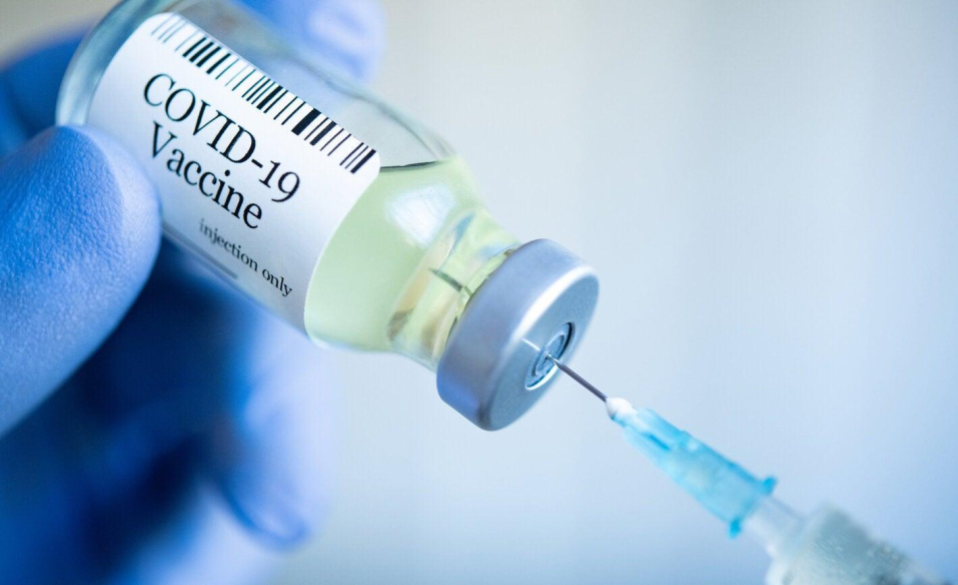COVID vaccination rates are tremendously low in communities of color in Kansas City. On average, only 43% of individuals get vaccinated, which is about 7% lower than the national average.
UMKC’s latest installment of its Critical Conversations series, conducted over Zoom on Nov. 16, focused on how COVID misinformation affects communities of color, as evidenced by the staggering difference in vaccination rates.
Panelist Frank Thomson from the KCMO health department said that the lack of vaccinations in communities of color comes from a mistrust of public health care, as well as a lack of access. He also suggested that greater communication and standardization in the healthcare system could provide a solution to this.
“One thing that I’d like to hone in on is the opportunity for our community health ecosystem… to begin to track, race, ethnicity and language data in a uniform standardized and systemic way,” Thomson said.
Qiana Thomason, president and CEO of the Health Forward Foundation, said that while access to healthcare is essential, representation in healthcare is equally important. She said that it’s important to recognize how building trust in healthcare is often initiated through one-on-one interactions with other community members.
“We’ve seen promising practices, here locally as well as nationally, where communities are centering the people and the channels that carry the trust of communities, like our faith-based communities,” Thomason said. “Beyond physicians and care providers that look like us, we cannot undervalue the influence that individuals — such as barbers, beauticians and pastors and all of these people who hold very influential roles in our community — have on our thinking,”
Thomason also said that healthcare providers should be more aware of community needs and what messaging might be the most effective.
“There’s a need for health departments to engage more and be more in touch with what’s going on in the community,” Thomas said. “But there’s also a need for us to recognize that the health department coming in and saying, ‘We’re here from the health department, we’re here to save you’ is not always the best message.”
Dr. Jannette Berkley-Patton, a professor at UMKC Biomedical/Health Informatics, said that equipping communities of color with the knowledge of how to navigate health care in their best interests would be a positive step forward.
“Study after study shows that when you can find people from the community and equip them with the knowledge and the skills that they need to make those connections with people from the communities that they live in – people who look like them people who talk like them – that others will be more likely to engage with the medical care system,” Berkley-Patton said.
Critical Conversations is part of the Roos Advocate for Community Change initiative that began in June 2020 after George Floyd’s death. Information about UMKC’s next Critical Conversations discussion can be found here.
tmc82h@umkc.edu








